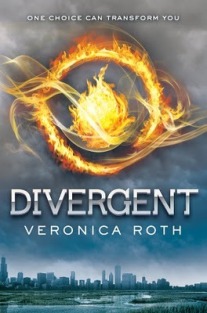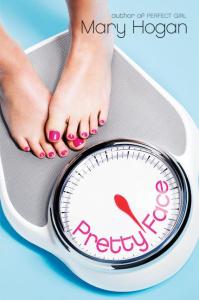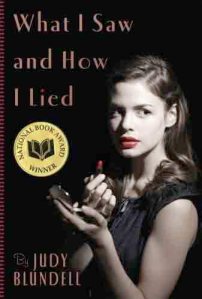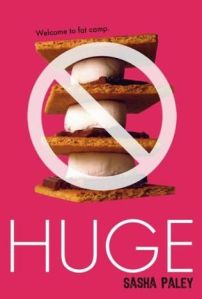 “We went to the moon to have fun, but the moon turned out to totally suck.” And so starts “Feed” by M.T. Anderson (320 pages). I love the first line of this book. It’s the main reason I picked up this book in the first place, but the novel as a whole didn’t have enough to keep it.
“We went to the moon to have fun, but the moon turned out to totally suck.” And so starts “Feed” by M.T. Anderson (320 pages). I love the first line of this book. It’s the main reason I picked up this book in the first place, but the novel as a whole didn’t have enough to keep it.
Plot in a tweet:
Finally, we can chat, shop, etc. by using our brains. Rad! Or is it? #Feed
I was actually thinking about stopping the book after a couple of chapters. The storyline was just OK. The characters were annoying. I couldn’t stand some of the slang they were using.
I know it is set in the future and I know that language will change, but it seemed like Anderson just picked a couple of words to use like every couple of like words. It was like meg difficult to like read at first.
I kept going though. I think that “Feed” is set in a very interesting world. I kind of felt cheated with that though. The author would mention black areas or rumble or something, but then would never talk about how that came to be, etc. I would have liked to know more about what lead us down this path. Not a ton, but hints of it would have been nice.
Instead of this book, read “Knife of Never Letting Go.” You’ll thank me.
Name I hated: Quendy
Favorite exchange:
“Maybe these are just our salad days.”
“Huh?”
“You know. Happy.”
“What’s happy about a salad?”
She shrugged. “Ranch,” she said.
Prison sentence: A day. (I think I just wanted to finish it.)
Final word: “Meh.”


















